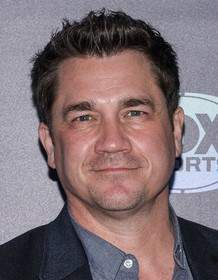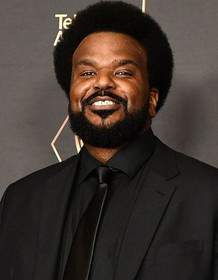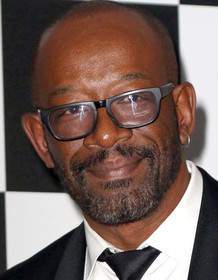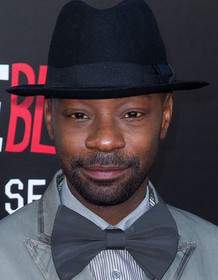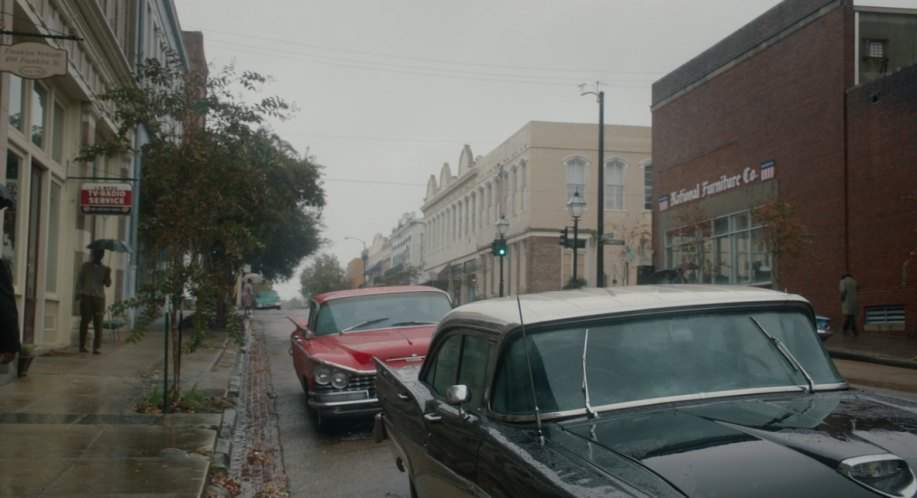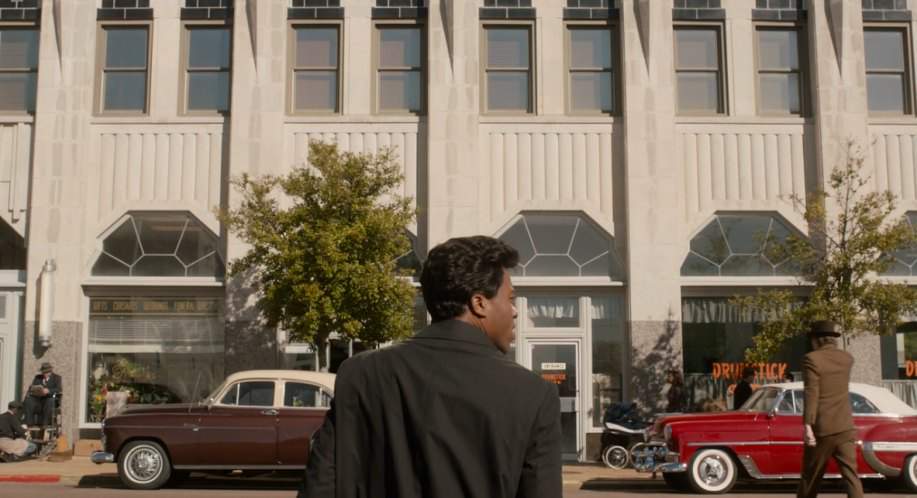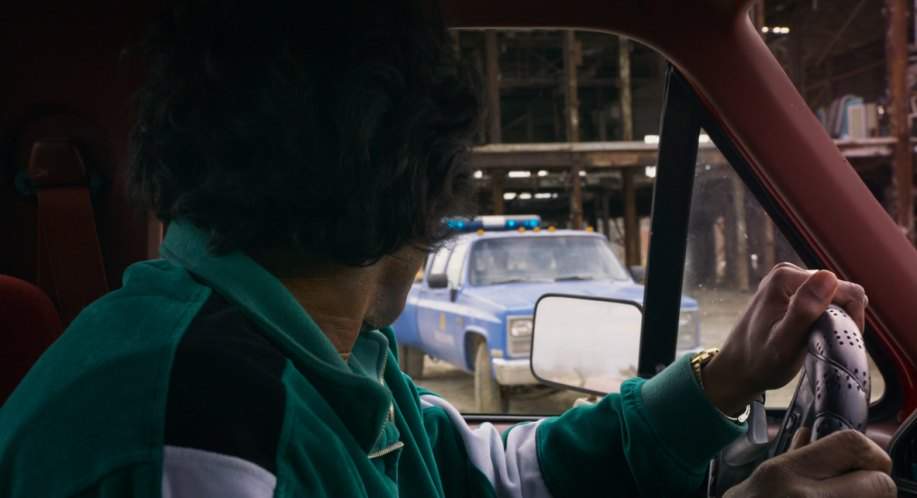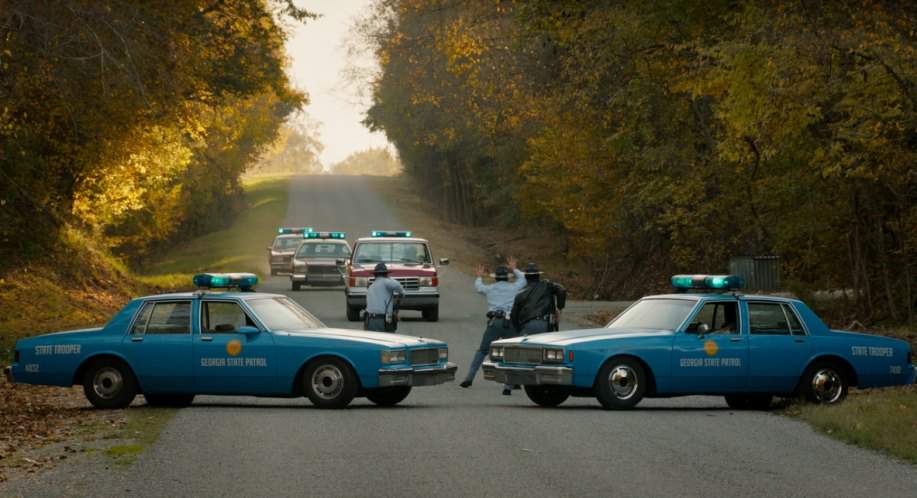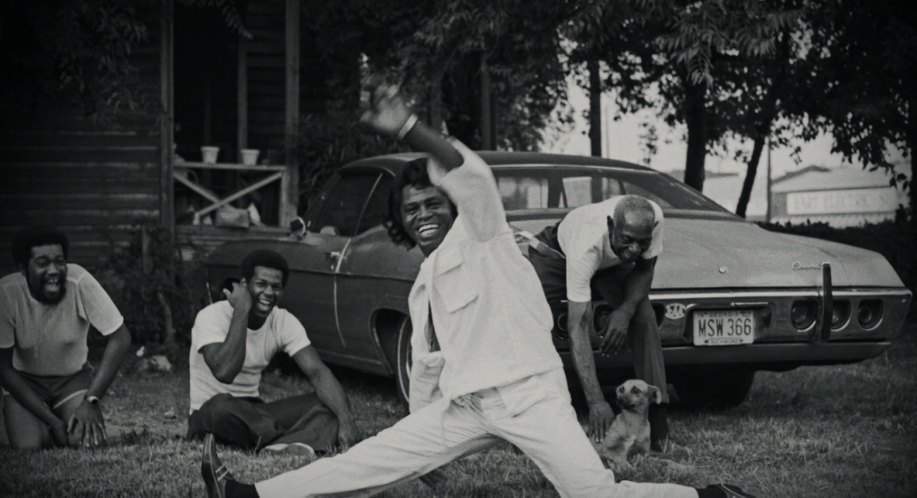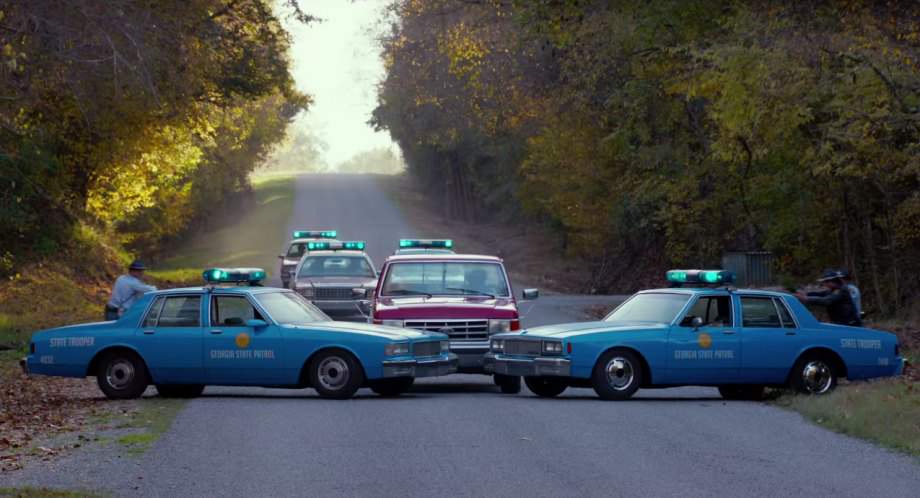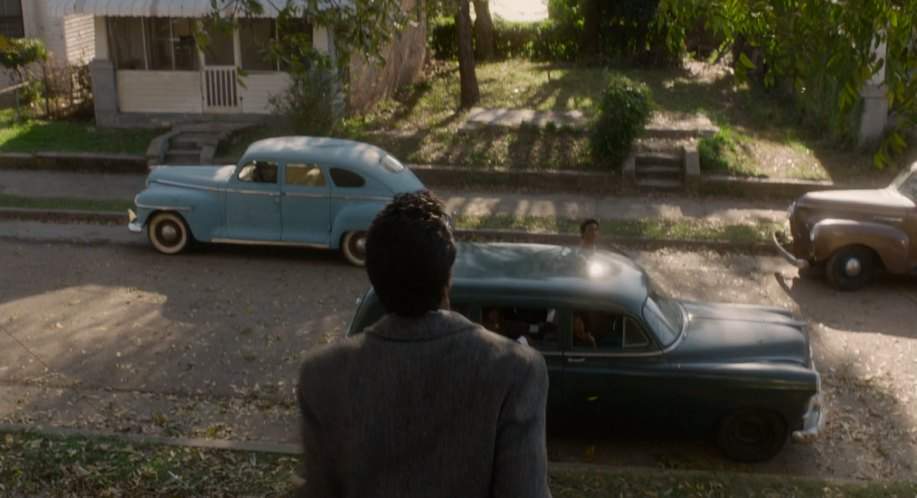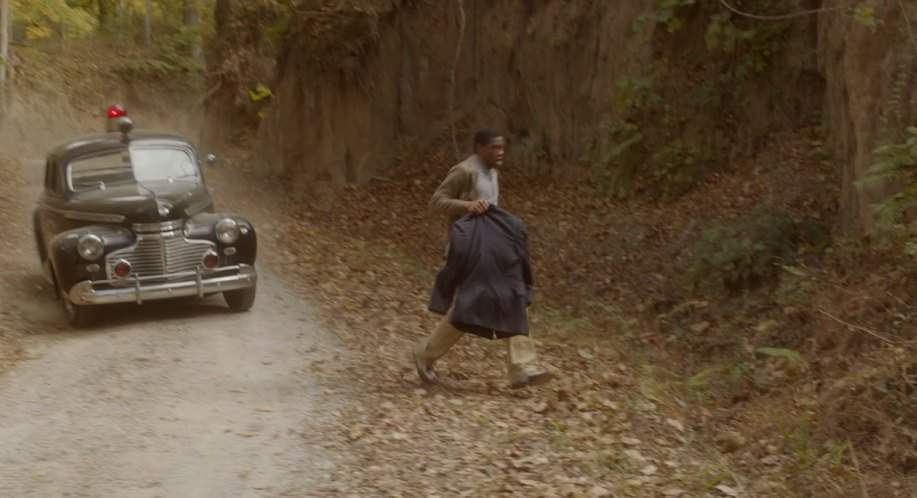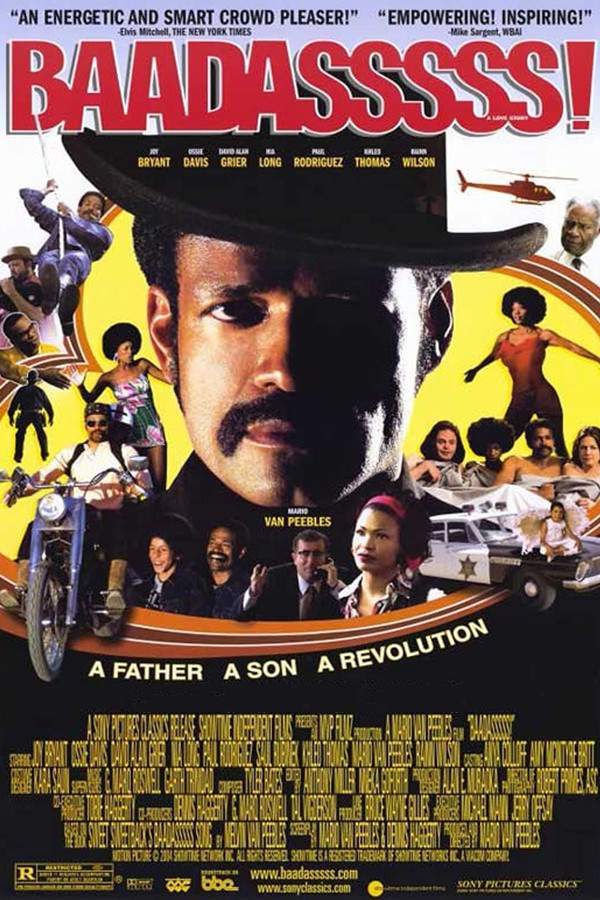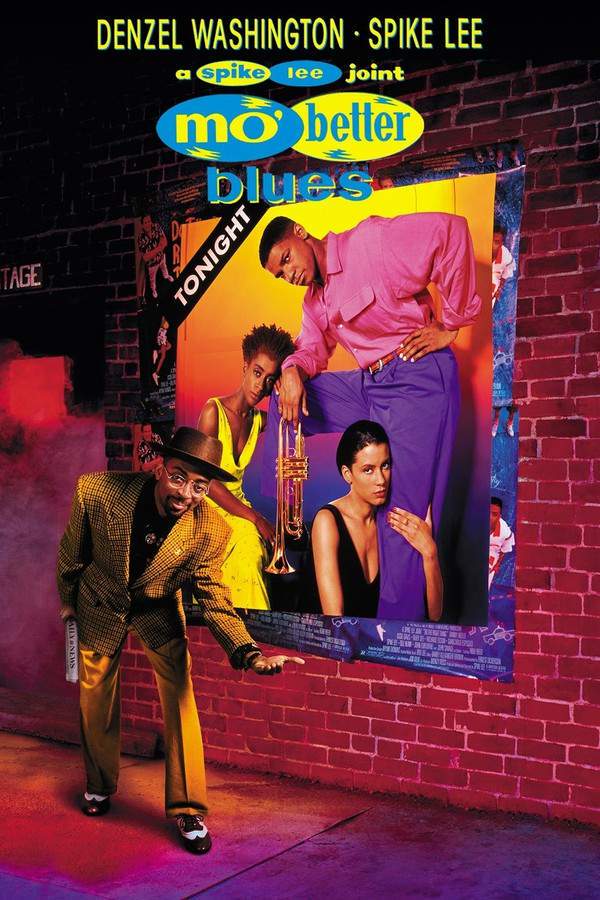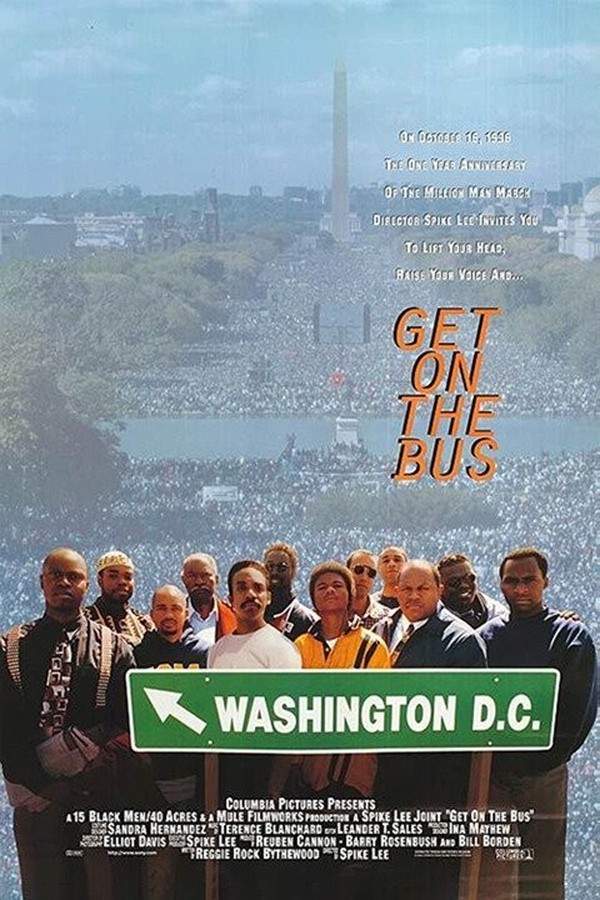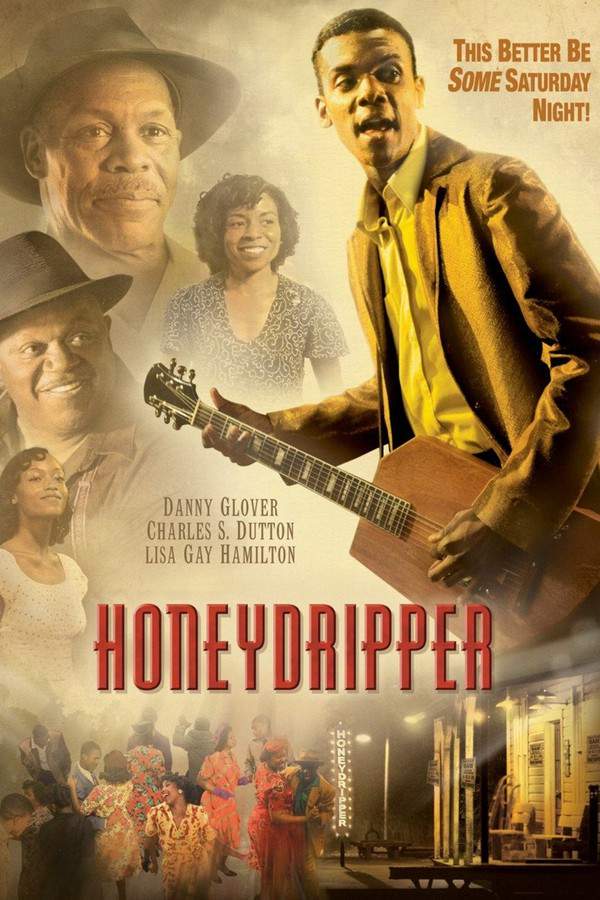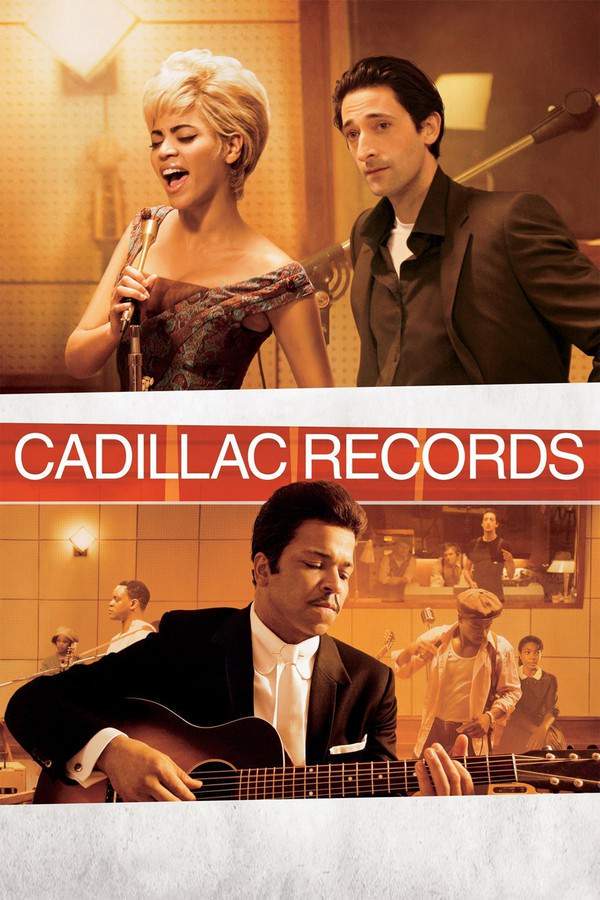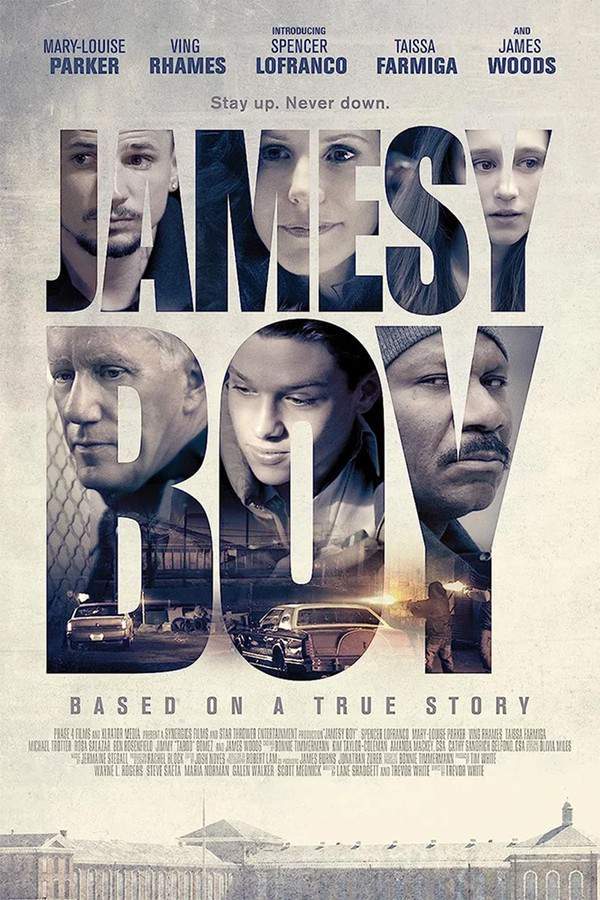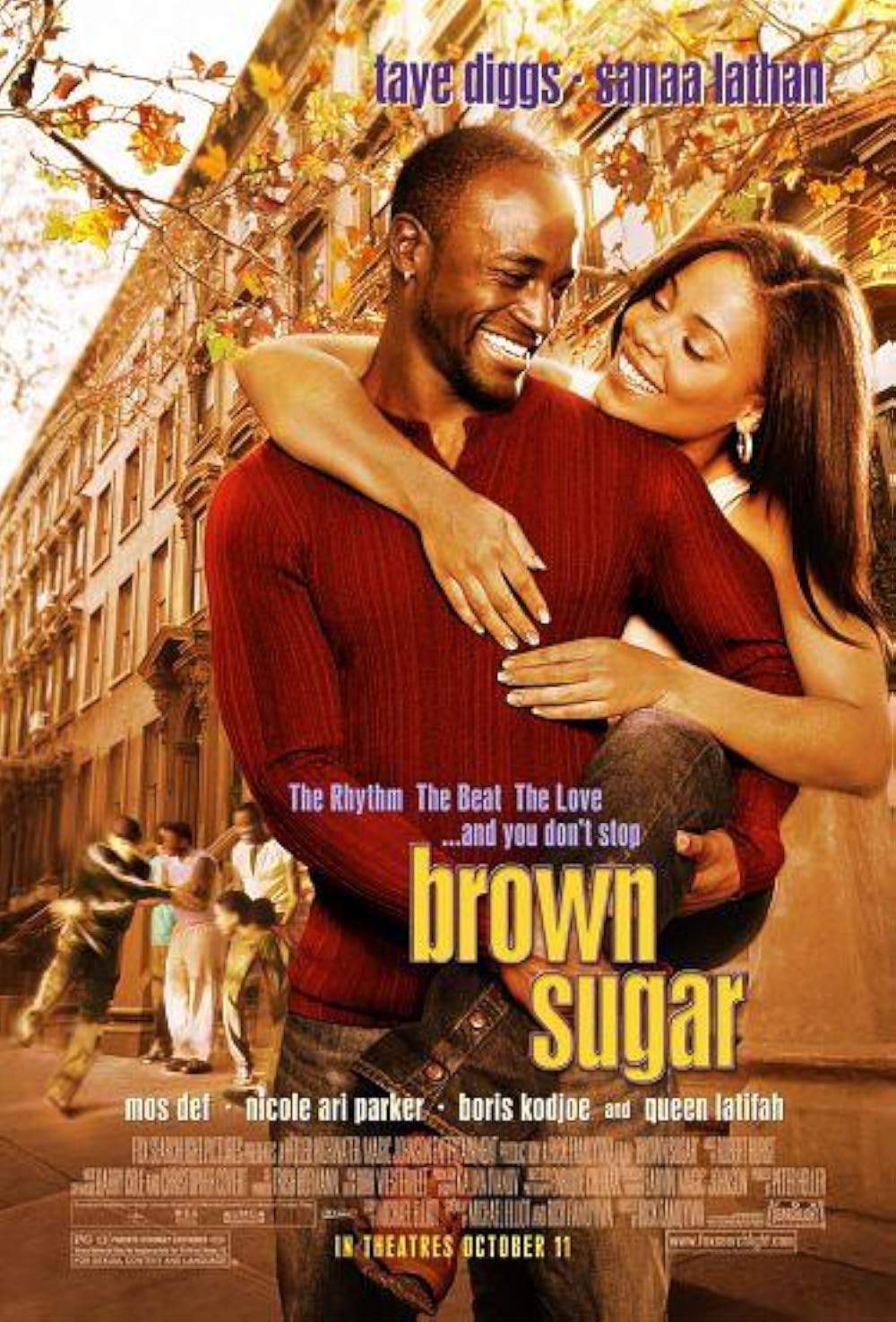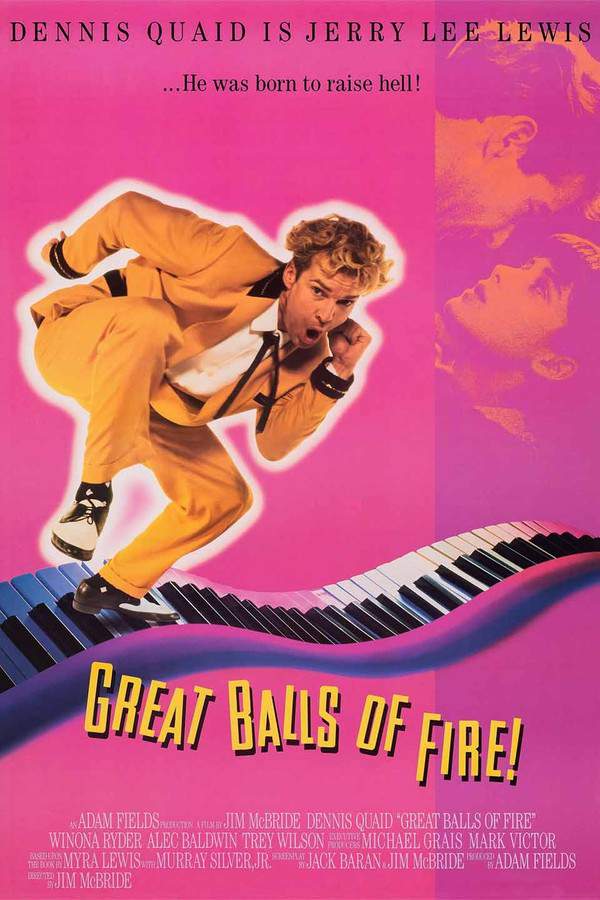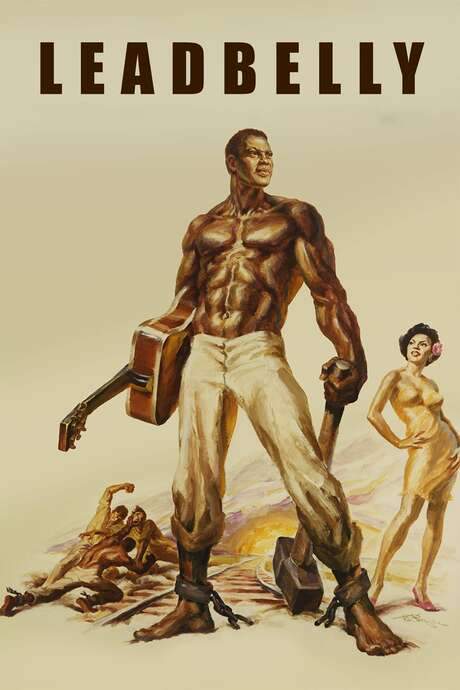Get On Up 2014
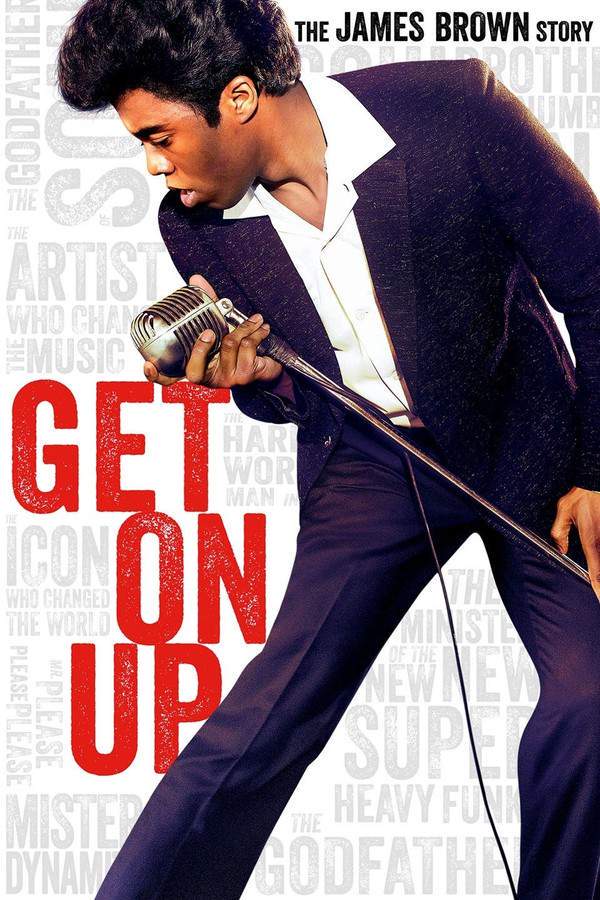
Born into poverty in 1930s South Carolina, James Brown’s challenging childhood shaped his ambition to overcome adversity. He rose from gospel music beginnings to become a sensation on the "chitlin' circuit," captivating audiences with his distinctive soulful sound and energetic dance style. Despite personal struggles and controversies that unfolded throughout his career, Brown's immense talent and innovative performances established him as a defining icon of 20th-century music.
Does Get On Up have end credit scenes?
No!
Get On Up does not have end credit scenes. You can leave when the credits roll.
Meet the Full Cast and Actors of Get On Up
Explore the complete cast of Get On Up, including both lead and supporting actors. Learn who plays each character, discover their past roles and achievements, and find out what makes this ensemble cast stand out in the world of film and television.
External Links and Streaming Options
Discover where to watch Get On Up online, including streaming platforms, rental options, and official sources. Compare reviews, ratings, and in-depth movie information across sites like IMDb, TMDb, Wikipedia or Rotten Tomatoes.
Ratings and Reviews for Get On Up
See how Get On Up is rated across major platforms like IMDb, Metacritic, and TMDb. Compare audience scores and critic reviews to understand where Get On Up stands among top-rated movies in its genre.

71
Metascore
6.6
User Score


80%
TOMATOMETER

68%
User Score

6.9 /10
IMDb Rating

68
%
User Score

3.3
From 17 fan ratings

4.12/5
From 76 fan ratings
Take the Ultimate Get On Up Movie Quiz
Challenge your knowledge of Get On Up with this fun and interactive movie quiz. Test yourself on key plot points, iconic characters, hidden details, and memorable moments to see how well you really know the film.
Get On Up Quiz: Test your knowledge on the life and legacy of James Brown as depicted in the film 'Get On Up'.
Who plays the role of James Brown in 'Get On Up'?
Chadwick Boseman
Lakeith Stanfield
Jamie Foxx
Donnie Wahlberg
Show hint
Awards & Nominations for Get On Up
Discover all the awards and nominations received by Get On Up, from Oscars to film festival honors. Learn how Get On Up and its cast and crew have been recognized by critics and the industry alike.
21st Screen Actors Guild Awards 2015
Outstanding Performance by a Stunt Ensemble in a Motion Picture
Full Plot Summary and Ending Explained for Get On Up
Read the complete plot summary of Get On Up, including all major events, twists, and the full ending explained in detail. Explore key characters, themes, hidden meanings, and everything you need to understand the story from beginning to end.
The film opens in 1993, featuring James Brown (Chadwick Boseman) as he navigates a dimly lit hallway, the echoes of an adoring audience chanting his name surround him. He reflects on the significant people who shaped his life. The narrative shifts back to 1988 in Augusta, Georgia, where James discovers that a private bathroom in a strip mall he owns has been used without his permission. During a confrontation with the trespasser, he surprisingly chooses to forgive, but an accident with a shotgun leads to police involvement.
As the story unfolds in the 1960s, James and his band embark on a journey to Vietnam, showing solidarity with black troops through a highly praised performance. Flashing back to 1939, we learn about James’s challenging upbringing, raised in the woods by his financially struggling parents, Susie and Joe Brown. His early aspirations in music take shape as he sings with The Famous Flames, a group initiated by Bobby Byrd (Nelsan Ellis), whose family helps James after his release from prison for a petty theft—a suit.
James’s life takes a turn as he moves in with the Byrd family, solidifying his role as lead singer of Bobby’s group. In 1964, their manager, Ben Bart, makes a controversial decision to have The Rolling Stones close The T.A.M.I. Show instead of The Flames, yet James and his band steal the spotlight. Following this, he simply quips to the Stones, “Welcome to America.” His childhood is marked by turmoil as Susie leaves Joe, who is abusive and keeps James until he goes to the army, leaving James under the care of Aunt Honey, who runs a brothel. Despite this, James finds solace in church and the joy of the choir.
At 17, a fateful decision sees James stealing a suit once again, leading to a five-to-thirteen-year prison sentence. While incarcerated, he witnesses a singing performance that inspires him, igniting a riot in which he and Bobby are injured. This bonds them, and Bobby soon welcomes James into his household. Eventually, they form The Famous Flames, opening for Little Richard and cementing their place in music history.
A vivid flashback reveals a traumatic experience where young boys, including James, are forced into a battle royal while a band plays, and his determination shines as he wins the match amidst the odds. The 1950s see the group land a significant deal with King Records, leading to their first single, “Please, Please, Please”. Despite initial skepticism from executive Syd Nathan, James’s extraordinary vocals win over the critics. However, as records come to be known more for James’s talents than the band, tensions rise, with most members leaving except for Bobby.
The Famous Flames undergoes changes as James reassembles the group and performs at the famed Apollo Theater to exhilarated crowds. Following the concert, Bobby informs James that a woman claiming to be his mother is backstage. Memories flood back of Susie and the turmoil of his youth, and he recalls her dismissal as he grapples with his emotions.
Amidst personal turmoil, James has a son, Teddy, with his first wife, Velma, before divorcing her and later marrying Dee-Dee. A holiday gathering reveals darker undertones when James reacts violently toward Dee-Dee, exposing the cracks in their relationship. Through music, he attempts to connect with the African American community, famously recording “Say It Loud - I’m Black and I’m Proud” in 1968. After the tragic assassination of Martin Luther King, Jr., he bravely persuades the Boston Garden’s management to proceed with a performance, commanding the volatile audience with profound authority.
As time passes, James struggles with the management of his band. The death of Ben sends ripples through the group, leading to conflict with Bobby, who contemplates a solo career, resulting in a dramatic confrontation. A pivotal moment occurs at the Apollo when Susie reappears, striving to mend their fractured relationship after years apart.
In 1973, devastating news strikes as James learns of Teddy’s tragic car accident. Ghosts from his past haunt him as he smokes angel dust, leading to erratic behavior and an eventual arrest. Fast forward to 1993, where James and Bobby reunite after years, with James offering VIP tickets to his upcoming show. The film culminates in a powerful moment as James steps onto the stage, greeted by shadows of his life chanting his name, delivering a poignant rendition of “Try Me (I Need You)” that moves both Bobby and his wife Vicki to tears, reminding everyone of the extraordinary legacy he leaves behind.
Uncover the Details: Timeline, Characters, Themes, and Beyond!

Coming soon on iOS and Android
The Plot Explained Mobile App
From blockbusters to hidden gems — dive into movie stories anytime, anywhere. Save your favorites, discover plots faster, and never miss a twist again.
Sign up to be the first to know when we launch. Your email stays private — always.
Watch Trailers, Clips & Behind-the-Scenes for Get On Up
Watch official trailers, exclusive clips, cast interviews, and behind-the-scenes footage from Get On Up. Dive deeper into the making of the film, its standout moments, and key production insights.
Cars Featured in Get On Up
Explore all cars featured in Get On Up, including their makes, models, scenes they appear in, and their significance to the plot. A must-read for car enthusiasts and movie buffs alike.
Get On Up Themes and Keywords
Discover the central themes, ideas, and keywords that define the movie’s story, tone, and message. Analyze the film’s deeper meanings, genre influences, and recurring concepts.
Get On Up Other Names and Titles
Explore the various alternative titles, translations, and other names used for Get On Up across different regions and languages. Understand how the film is marketed and recognized worldwide.
Similar Movies To Get On Up You Should Know About
Browse a curated list of movies similar in genre, tone, characters, or story structure. Discover new titles like the one you're watching, perfect for fans of related plots, vibes, or cinematic styles.
Quick Links: Summary, Cast, Ratings, More

What's After the Movie?
Not sure whether to stay after the credits? Find out!
Explore Our Movie Platform
New Movie Releases (2025)
Famous Movie Actors
Top Film Production Studios
Movie Plot Summaries & Endings
Major Movie Awards & Winners
Best Concert Films & Music Documentaries
Movie Collections and Curated Lists
© 2025 What's After the Movie. All rights reserved.


